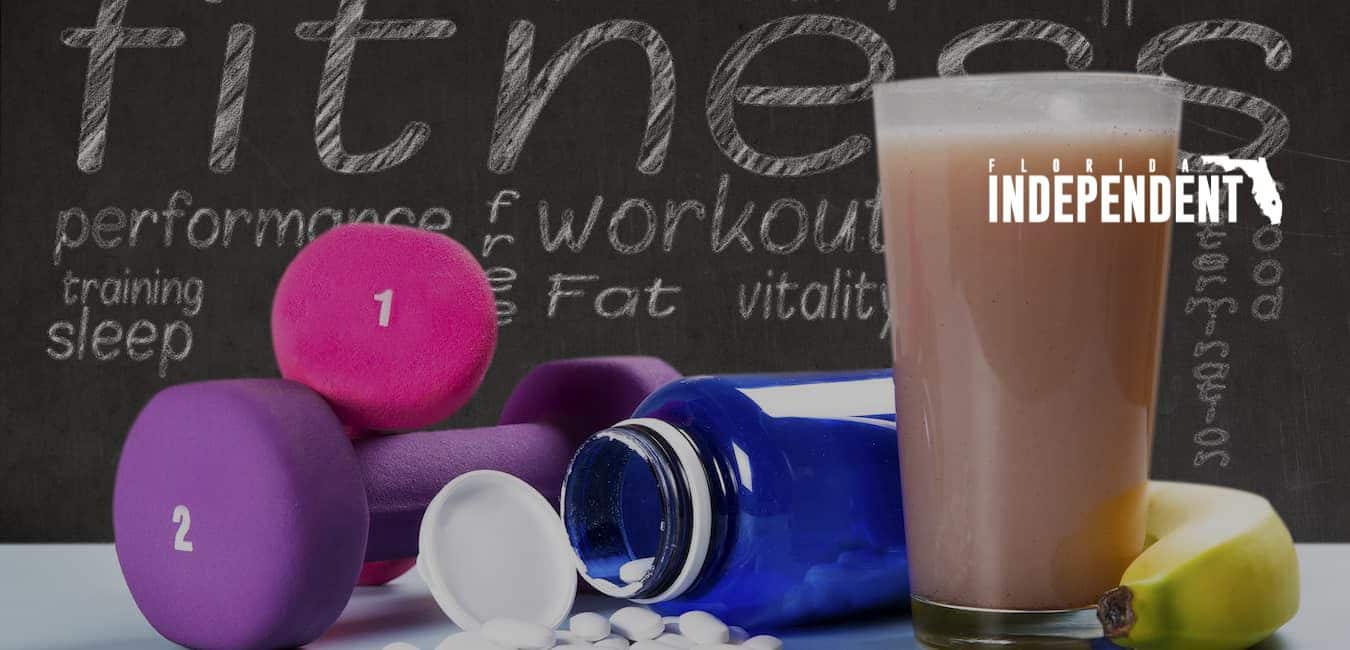You have heard the phrase, “you are what you eat” a million times! Well, it turns out that this saying has a lot of truth.
We are able to take care of our bodies by just eating the right foods. For our eye health specifically, there are lots of specific vitamins and nutrients to incorporate into your diet to have long-lasting eye health!
In this article, we are going to be going over vision nutrition and all of the food you can eat to help maintain your sight and eye health!
Table Of Contents
Vitamin A
Vitamin A is commonly found in a lot of everyday foods! Vitamin A is amazing for us and helps maintain our eye health, our immune system, and reproductive health.
Vitamin A can be found in lots of food, but an easy way to look for it is to find foods that are yellow or orange in color!
Eating just one carrot or one serving of sweet potatoes will help you meet your recommended daily amount of vitamin A and keep your eyes, as well as your other organs, functioning properly.
Other foods that are high in vitamin A are black-eyed peas, cod liver oil, spinach, broccoli, and sweet red peppers!
Zinc
Zinc is most commonly known as the ingredient in sunscreen to help prevent sunburn! However, it plays an important role in our vision nutrition as well.
Zinc is actually a mineral that helps vitamin A get from the to the retina to produce melanin, which is a layer that helps protect the eye.
You may be surprised to find out that our retinas and choroids actually have a very high concentration of zinc!
Zinc can be found in many main course dishes! It is found commonly in meat and in shellfish. Additionally, legumes are high in zinc as well as seeds, nuts, eggs, and whole grains.
Since it is found in so many dishes, it is easy to maintain the recommended amount of zinc in your diet, so eat away!
Vitamin C
Vitamin C assists your body with proper growth, development, and repair of your body’s cells and tissues, making it an important vitamin to incorporate into your diet for overall health!
Luckily, most sources of vitamin C are absolutely delicious and you will have no problem getting your recommended daily intake.
Most fruits and vegetables contain tons of vitamin c, such as broccoli, cantaloupe, citrus fruits, tomatoes, sweet potatoes, and many more!
Just one cup of hot green tea will give you all of your vitamin C for the day if you prefer this beverage over eating other fruits and vegetables.
Since vitamin C is important for the health of your cells, it will help you ward off any degenerative eye diseases like cataracts and glaucoma.
Omega-3 Fatty Acids
Fatty acids are often called the building blocks of fat. Your body does not naturally produce omega-3s, so it is important to eat foods that contain them.
The most popular sources of omega 3 fatty acids are fish sources such as salmon, herring, mackerel and more.
However, if you are a vegetarian or do not have a taste for fish, you can also get omega-3 fatty acids from ground flaxseeds and walnuts.
Omega-3 fatty acids are going to help with eye pressure and help prevent glaucoma, so don’t skip out on this important nutrient when it comes to vision nutrition.
Vitamin E
Vitamin E is an essential nutrient when it comes to protecting the eyes. Luckily, it is easy to find!
Vitamin E can be found in delicious foods like fortified cereals, leafy greens, and nuts. Vitamin E has been shown to play an important role in preventing macular degeneration and cataracts. The way vitamin E helps us is by protecting our cells from free radicals that can damage our cells.
Untreated cataracts can cause serious issues like blurred vision, double vision, color blindness, and even full blindness. Once you have cataracts, you are able to treat it with cataract surgery, but it is best to prevent the disease if at all possible.
Selenium
The reason selenium is so essential to maintaining our eye health is that it helps our body absorb vitamin E!
Beyond just helping us maintain healthy vision, selenium also protects our bodies against cancer and heart disease, and helps promote thyroid health.
Selenium can be found in soil as well as in our food! The absolute best source of selenium is found in brazil nuts. However, if you can’t find brazil nuts, selenium is commonly found in animal proteins such as ham, fish, chicken, turkey, beef, and pork.
Lutein and Zeaxanthin
Lutein and zeaxanthin are powerful antioxidants that can defend your body against free radicals!
With enough exposure, free radicals can damage your eyesight. Lutein and zeaxanthin work to cancel out the damage done by oxygen and light to help you maintain your vision.
Lutein and zeaxanthin are referred to as dietary carotenoids and they are the only dietary carotenoids known to accumulate in the macula region, which is in the back of your eye. Beyond this, they even help filter out harmful blue light that we are exposed to daily on devices like phones and laptops!
The best way to get these dietary carotenoids are by eating lots of leafy greens! Additionally, there are supplements available, but it is best to speak to your doctor before adding any supplements to your diet.
Protect Your Eyes With Proper Vision Nutrition
Now you know how to protect your eyes with vision nutrition! We hope this article empowered you with the knowledge about what vitamins and minerals are essential to maintain healthy vision.
Your eyesight is crucial to partaking in daily activities, and with the right diet you can protect your vision for years to come!
Interested in more topics like these? Make sure to check out our blog for more information!


